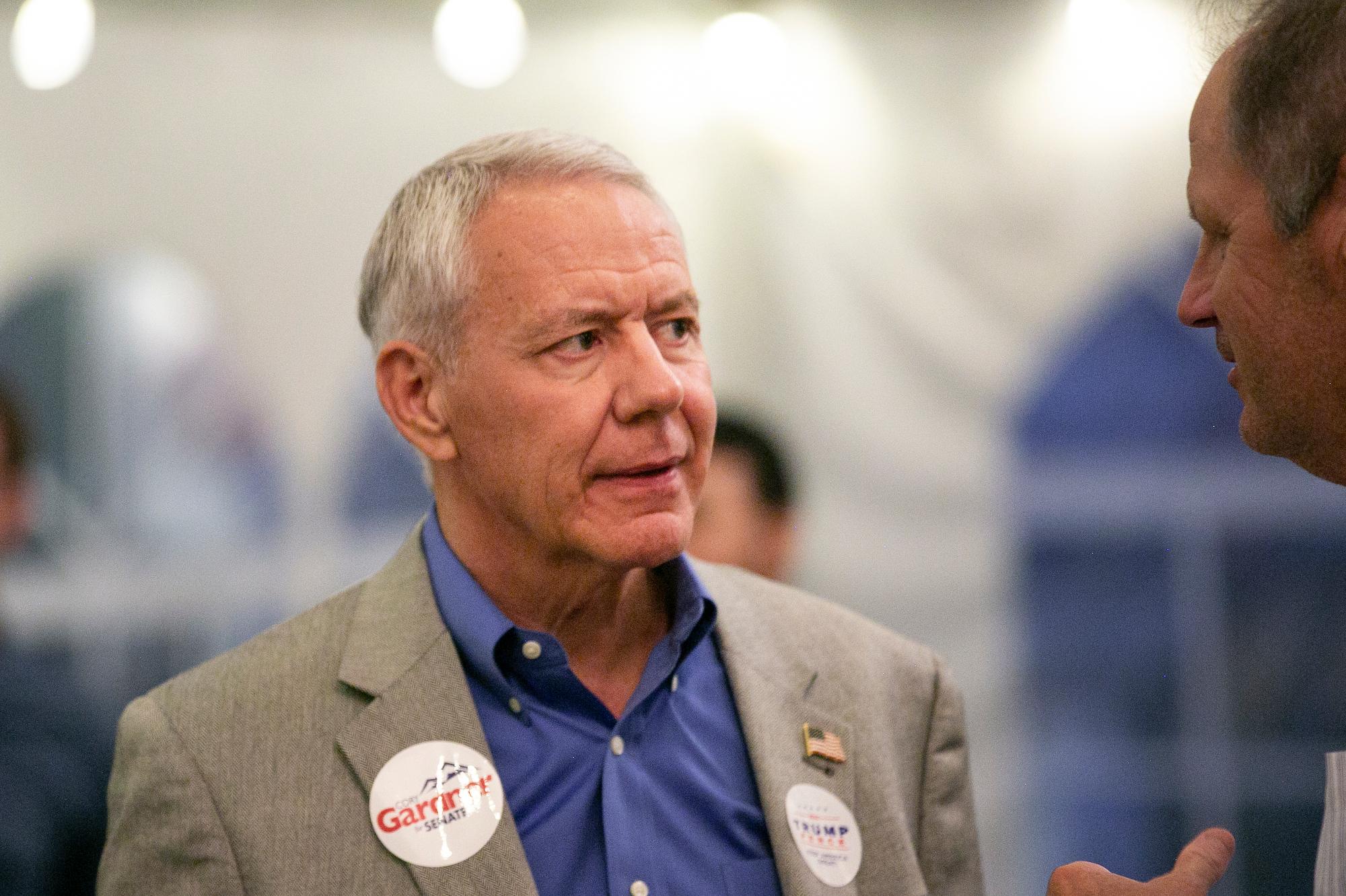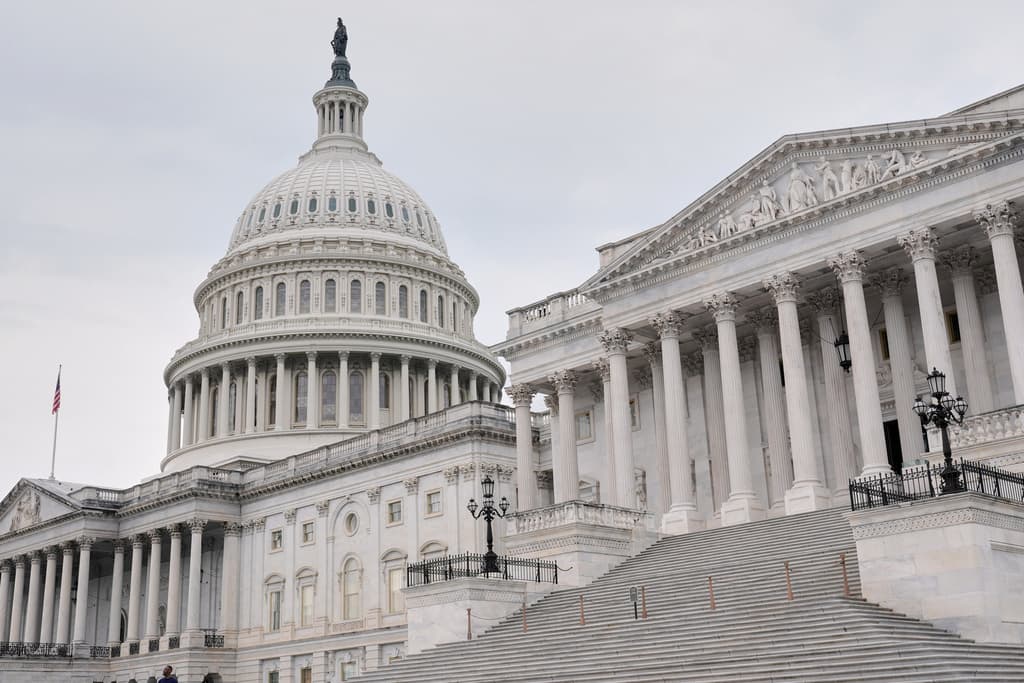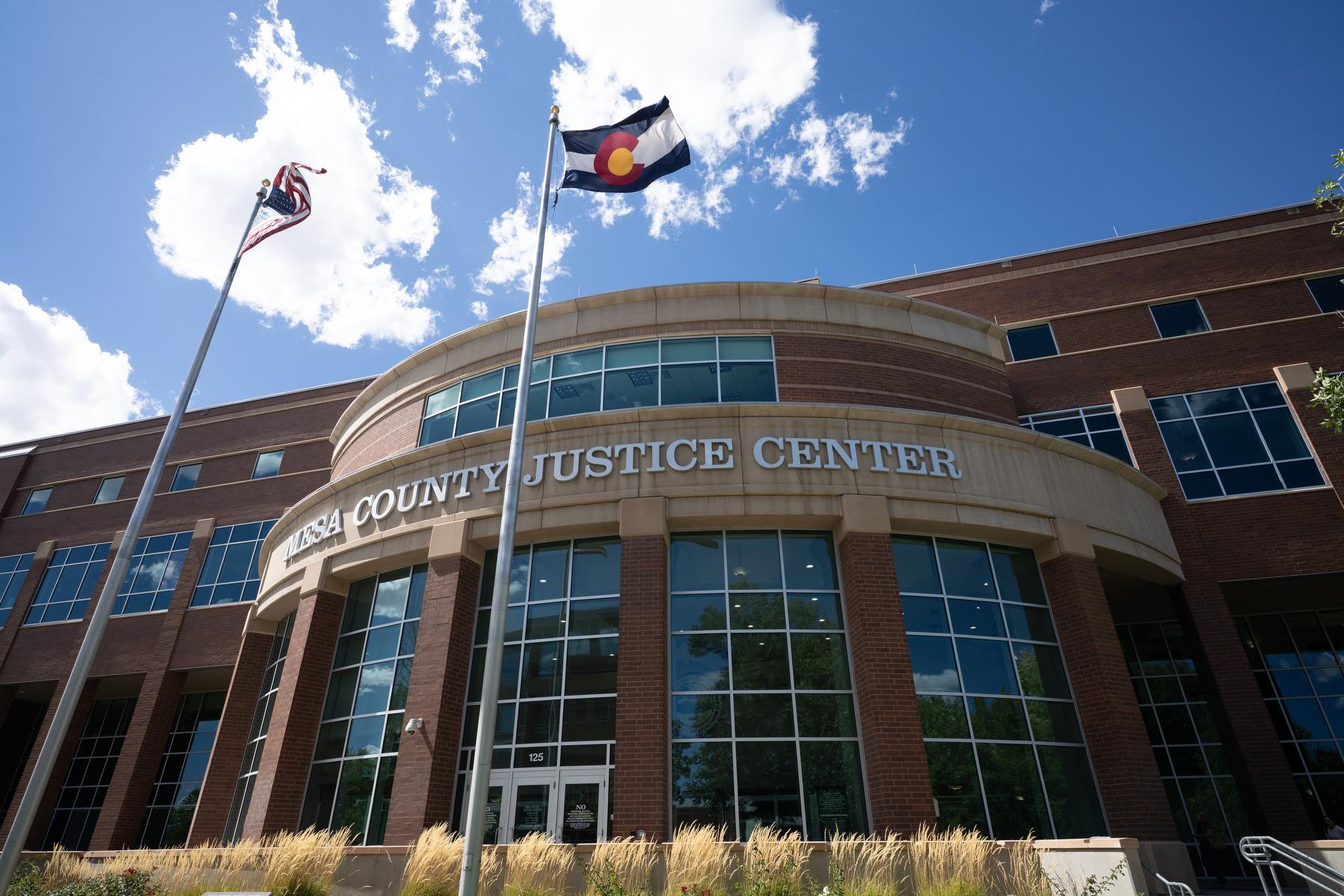
A fight over postcards sent out by the Colorado Secretary of State’s office encouraging people to register to vote could end up with federal investigators.
The head of Colorado’s Republican party, Congressman Ken Buck is asking the Justice Department and the Federal Election Commission to review whether the postcards went to people ineligible to vote.
His request is based on a CBS4 Denver news story — that the station subsequently removed from its website — which incorrectly claimed the Secretary of State was using the voter rolls to send out postcards to “Non-Citizens, Dead People Urging Them To Vote.” A follow-up piece said at least a dozen of the informational postcards — that they knew of — went to people who were not citizens or deceased.
“The American people deserve to know that the 2020 election will be conducted in a fair and transparent manner,” said Congressman Buck in a letter dated Sept. 30. “As such, I urge the DOJ and FEC to open an investigation into the Colorado Secretary of State’s efforts to register individuals who are ineligible to vote.”
But Democratic Secretary of State Jena Griswold disputed the assertion that her office was encouraging people to vote illegally and trying to register voters who are deceased or ineligible. She said the goal is to give eligible people more information on how to register to vote.
Colorado Secretaries of State from both political parties have been mailing these types of informational postcards for years. The state requires people registering to vote to provide identifying information and sign a declaration that they are eligible.
“The postcard clearly states in bold that to be an eligible voter, a person must be a citizen, 18 years old by the election, and reside in CO for 22 days before the election,” said Griswold in a written statement.
Buck also criticized the process Griswold used to decide who should receive a postcard.
“The Secretary of State also admitted that the State of Colorado knowingly used a third-party organization, the Electronic Registration Information Center, to identify unregistered voters with full knowledge that the organization’s mailing list might have included ineligible individuals.”
The Electronic Registration Information Center (ERIC) is a national bipartisan election organization that helps states clean up their voter rolls. Twenty-five states are members, including Florida, Texas, Wisconsin, Georgia and Colorado. The goal is to improve voter registration by “providing information for member states to contact potentially eligible but unregistered voters with instructions on how to register.”
Lynn Bartels, who served as spokeswoman for Republican Secretary of State Wayne Williams, recalls that he used the same third party list to send out informational mailers on voter registration.
“We would get the list from ERIC but we’d do our own checking on that list,” Bartels said.
She said she doesn’t remember receiving complaints about the postcards mailed directly from the state. Bartels said Williams did receive some complaints about voter registration mailers from third party groups addressed to ineligible people, and even to pets.
Buck’s demand for a federal investigation into the postcards comes on the heels of the first U.S Presidential debate in which President Donald Trump continued to attack the country’s voting systems and falsely claimed that all-mail voting leads to widespread fraud.
When asked about voting by mail, the Trump supporters CPR has interviewed say they trust Colorado’s system, even if they have questions about the ability of other states to successfully expand mail-in voting options this fall.
“It's a good voting system, you know, to do it by mail. I don't think we have a problem with it,” said Stacy Lengner of Berthoud, who plans to vote for Trump.
She said she is concerned about potential fraud in other states, specifically the idea that people may have the ability to fill in ballot information for voters who are deceased. Colorado counties verify the signatures on ballot envelopes to screen out that kind of fraud.
Griswold and other Democrats blasted Buck for what they feel is a partisan disinformation campaign led by Trump to attack vote-by-mail and “to spread misinformation and discredit Colorado’s election model.”
The Secretary of State’s postcards aren’t the first election-related government mailer to spark controversy this fall.
In September Griswold sued the U.S. Postal Service for sending inaccurate mailers to Colorado residents that said they might need to request an absentee ballot. Griswold argued that the letter could confuse people since the state automatically mails ballots to all registered voters.
A federal judge agreed and ordered the Post Office to halt the mailers. Colorado then reached a settlement that allows state election officials to review and temporarily block any USPS materials related to voting if they include misleading information.









